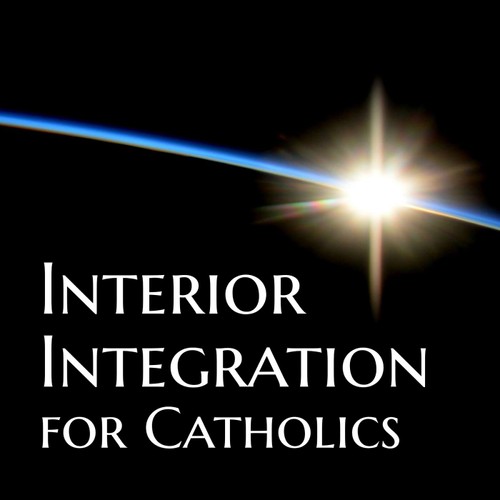
 Interior Integration for Catholics
Interior Integration for Catholics 133 Models of Integrated Personal Formation -- Catholic Style, with Matthew Walz, Ph.D.
Mar 4, 2024
Philosopher Matthew Walz, Ph.D. discusses integrating four pillars of formation, paralleling Aristotle's four causes and 'four loves'. They relate the types of formation to dimensions of Christ, emphasizing 'dimensional trespassing' in the process.
Chapters
Transcript
Episode notes
1 2 3 4 5 6 7 8 9 10 11 12
Introduction
00:00 • 3min
Integrating Four Domains of Formation in Catholic Context
03:12 • 5min
Integrated Model of Formation for Human Flourishing
08:28 • 21min
Exploring the Influence of Bodily Factors on Behavior and Sin
29:17 • 2min
Exploring the Priest's Sexual Abuse Crisis and Human Formation
30:55 • 2min
Dimensions of Formation
32:56 • 6min
Understanding the Four Causes and Formation Process
38:43 • 20min
Exploring Self-Love and Virtuous Formation
58:48 • 17min
Integration in Personal Formation
01:16:05 • 16min
Exploring Abusive Groups and Spiritual Manipulation in Personal Formation
01:31:51 • 4min
Exploring Models of Therapy and Counseling in Formation
01:35:54 • 17min
Upcoming Episodes on Catholic Personal Formation and Events Update
01:53:13 • 4min
